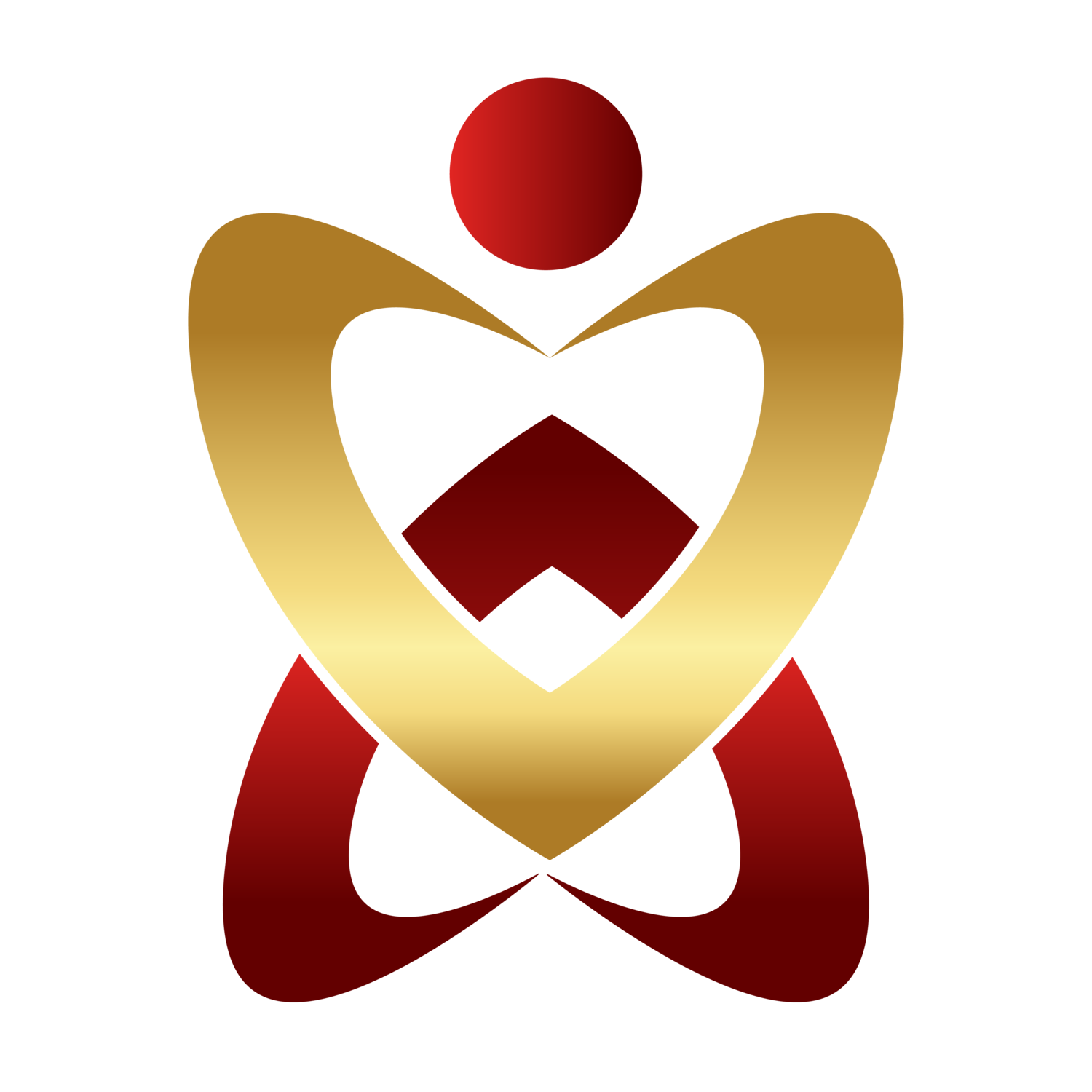No Buzz, No Fun? Here’s Why THC Beats THCA for Recreation
The key difference between THC (delta-9-tetrahydrocannabinol) and THCA (tetrahydrocannabinolic acid) lies in their psychoactive effects and how the body processes them. Here’s a breakdown of the benefits of utilizing THC instead of THCA, depending on your goals:
Benefits of THC Over THCA:
1. Psychoactive Effects (Euphoria, Mood Elevation)
THC is psychoactive, producing the "high" most commonly associated with cannabis use.
This can be beneficial for users seeking relaxation, mood enhancement, creativity, or recreation.
2. Stronger Pain Relief
THC is generally more potent in relieving chronic pain, neuropathic pain, and inflammation when compared to THCA.
It interacts directly with CB1 receptors in the brain, modulating pain perception.
3. Appetite Stimulation
THC is well known for stimulating appetite (the “munchies”), useful for people with conditions like cancer, HIV/AIDS, or eating disorders.
4. Better for Sleep Disorders
THC has sedative effects, especially in higher doses or certain strains (like indicas), making it more effective than THCA for insomnia or disrupted sleep.
5. Mental Health Support (with Caution)
Some users report relief from anxiety, depression, or PTSD symptoms with controlled doses of THC.
Caution is needed, as too much THC can trigger anxiety or paranoia in sensitive individuals.
6. Faster Onset and Predictable Dosage
Inhaled or ingested THC gives a more immediate and predictable effect.
THCA needs to be decarboxylated (heated) to become active THC, so it’s not directly effective in raw form.
THCA Has Benefits Too, Though:
Non-psychoactive: Good for daytime use or for those avoiding the high.
Anti-inflammatory and neuroprotective: THCA may be useful for arthritis, neurodegenerative diseases, or as a supplement.
Less legal scrutiny in some areas due to its non-psychoactive nature.
